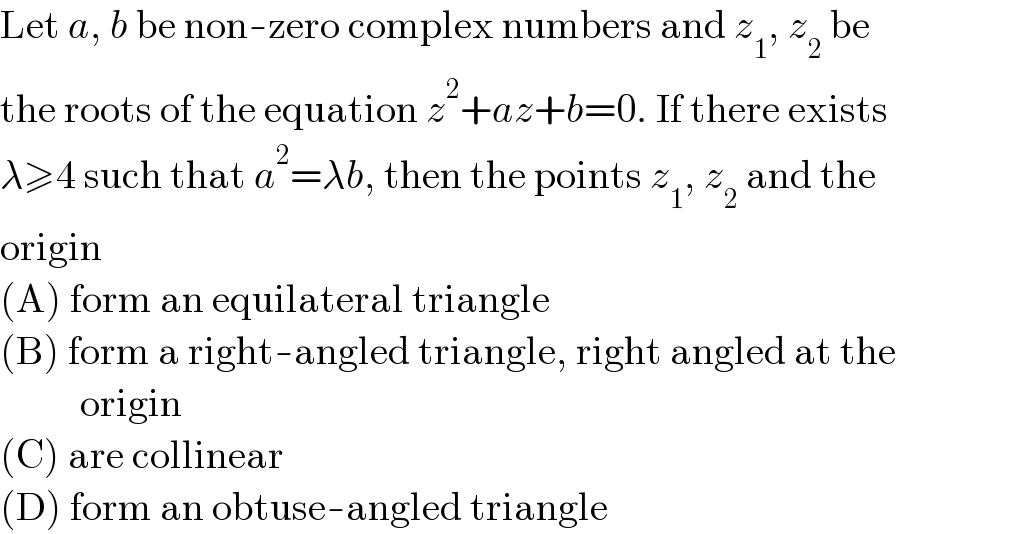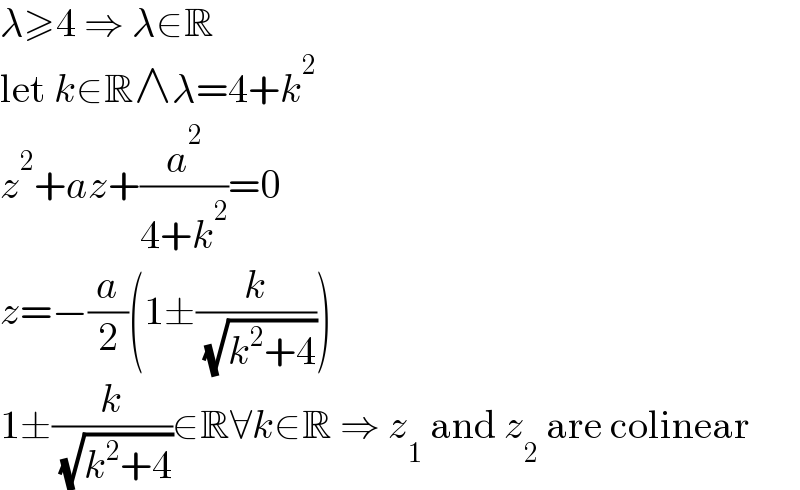
Question and Answers Forum
Question Number 139641 by EnterUsername last updated on 30/Apr/21

Answered by MJS_new last updated on 30/Apr/21

Commented by EnterUsername last updated on 30/Apr/21

| ||
Question and Answers Forum | ||
Question Number 139641 by EnterUsername last updated on 30/Apr/21 | ||
 | ||
Answered by MJS_new last updated on 30/Apr/21 | ||
 | ||
| ||
Commented by EnterUsername last updated on 30/Apr/21 | ||
 | ||